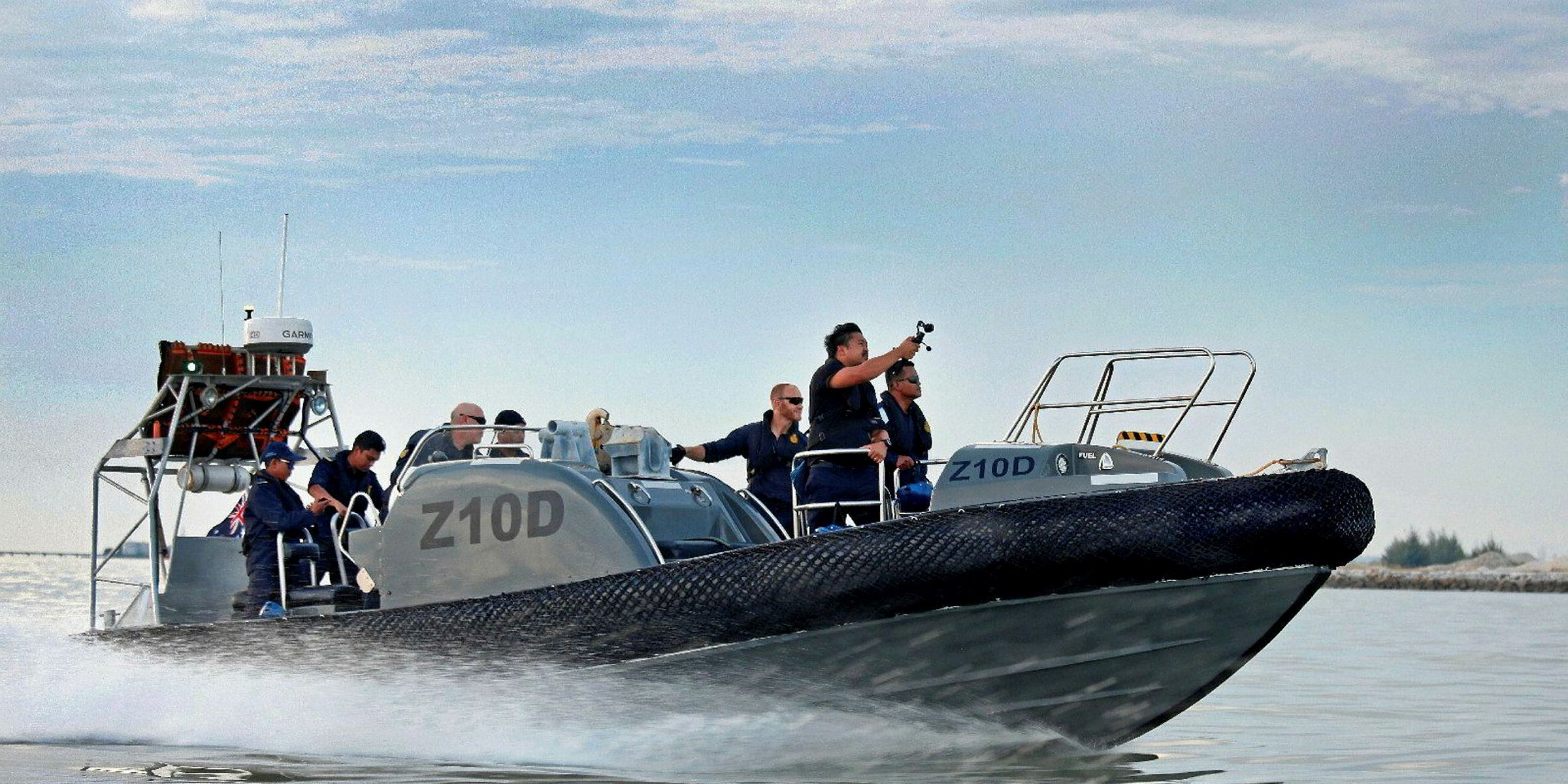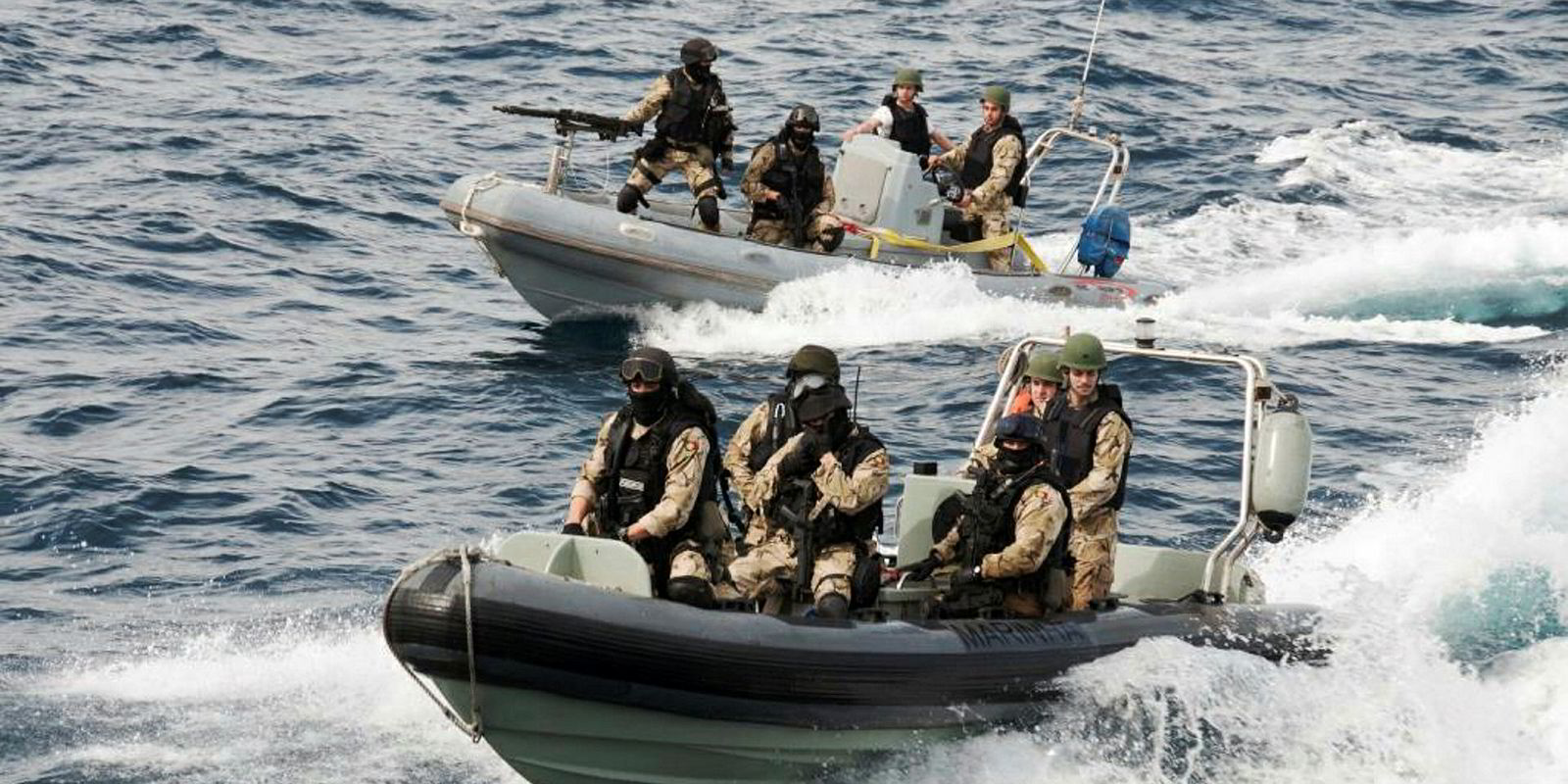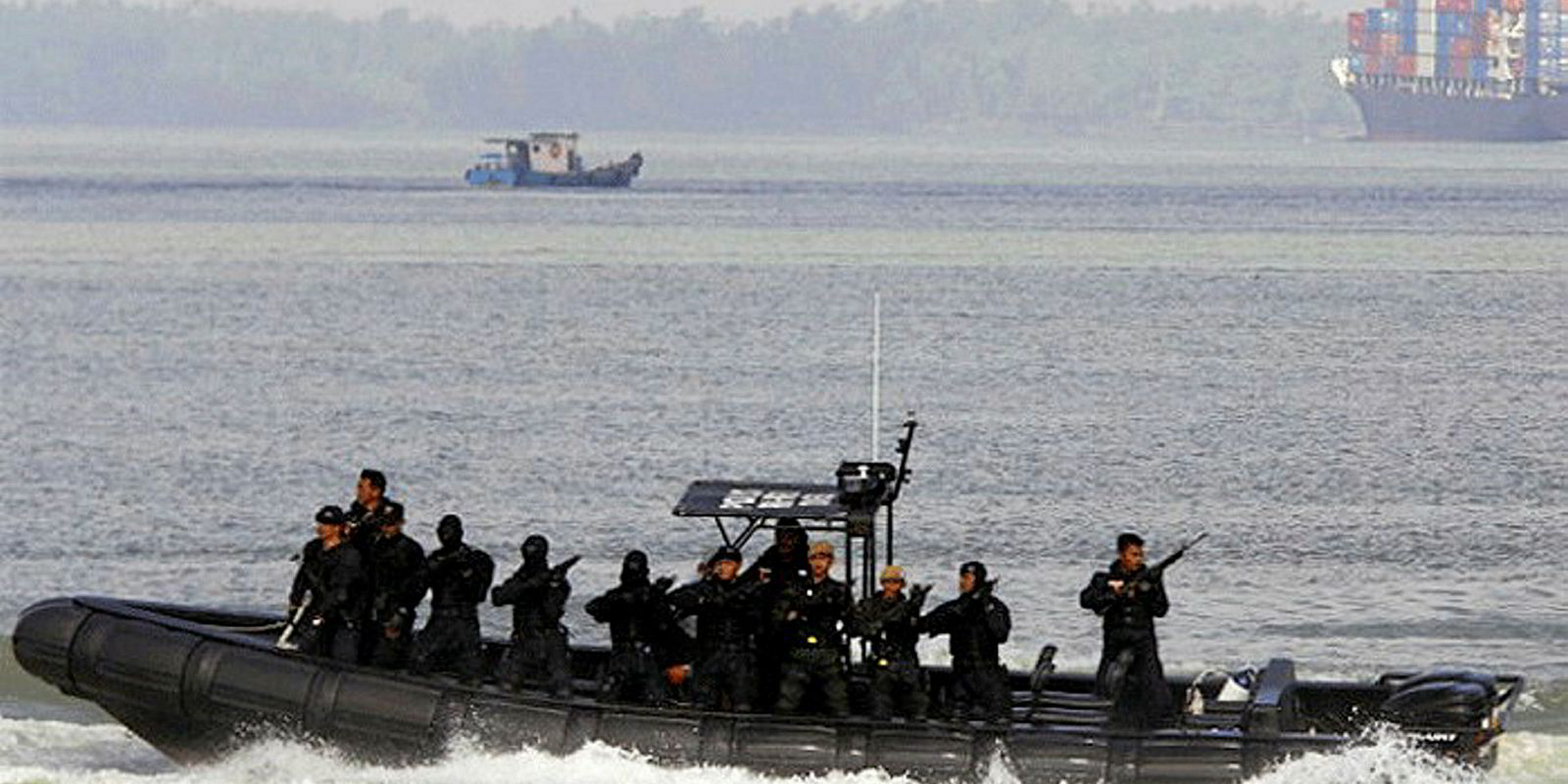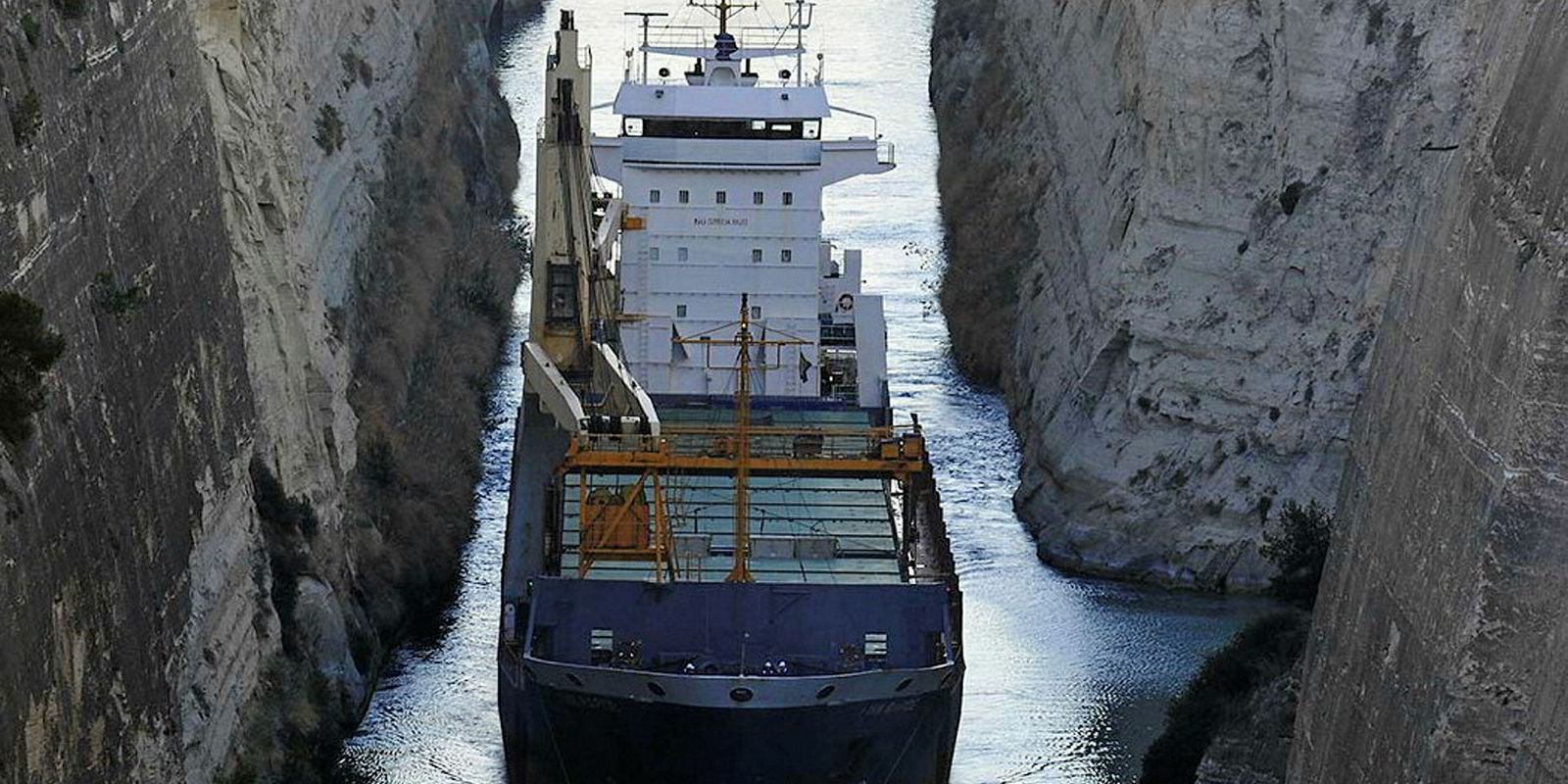Regional Cooperation Agreement on Combating Piracy and Armed Robbery against ships in Asia (ReCAAP) Information Sharing Centre reported today that it received a total of 40 incidents of piracy and armed robbery reported from January to June 2018, of which 29 were actual incidents while 11 were attempted cases.
This marks a 15% decrease compared to the same period in 2017 in the number of incidents reported.
At a briefing held this morning, ReCAAP ISC executive director Masafumi Kuroki highlighted several areas of improvement that have taken place, including no severe actual incidents involving the abduction of crew or theft of oil cargo.
He also noted a decrease in the number of incidents at ports and anchorages in the Philippines and an increase in successful arrests and the recovery of stolen items.
“I cannot give a specific reason for the decline, only general reasons,” Kuroki said. These include increased crew vigilance and enforcement agencies strengthening their anti-piracy measures.
However, Kuroki added that several areas of concern still remain.
Indonesia retains its top position as the most pirate-prone country in Southeast Asia, accounting for half of the actual incidents, most of which involved armed robbery or theft from vessels.
Indonesian pirates also remain active in the Singapore Strait, with the number of reported robbery incidents on board vessels increasing from two to four.
Data indicates that the most dangerous area of the Singapore Strait is the western sector where ships are forced to slow down before making a turn into the eastern sector.
Although there were no actual cases of crew abductions in the Sulu Sea by Abu Sayaf rebels, one attempt was made against a containership that was thwarted by prompt action from the crew and the Philippine coast guard and navy.
Intelligence reports also indicated that in June the Abu Sayaf was preparing to conduct another kidnapping raid. ReCAAP immediately issued a warning and the terrorist group never carried out its plans.
“These events do show that the threat in the Sulu Sea is still there,” said Kuroki.
While there were no actual incidents of oil cargo theft, once rampant activity in the Gulf of Thailand and South China Sea, one attempt was made against a small tanker off the Malaysian coast in June.
Pirates managed to board the vessel but as the ship was on a ballast voyage, found no oil to steal.
A swift response by the Malaysian Maritime Enforcement Agency to the ship’s mayday saw the pirates arrested, while two men believed to be the masterminds behind the attack were later arrested by Indonesian authorities on the island of Batam.
While Kuroki attributed the decline in Asian maritime crime to better enforcement and vigalance, he cautioned that improved results may result in stakeholders becoming complacent and letting their guard down. That, he stressed, could lead to a resurgence of regional pirate activity.
In the case of the oil thefts from tankers, he noted that the perpetrators of the crimes are syndicates that are usually engaged in a variety of illegal activities.
“The moment that they see that it is easy to accomplish, they will start up again,” he explained. “It is always a threat”.







